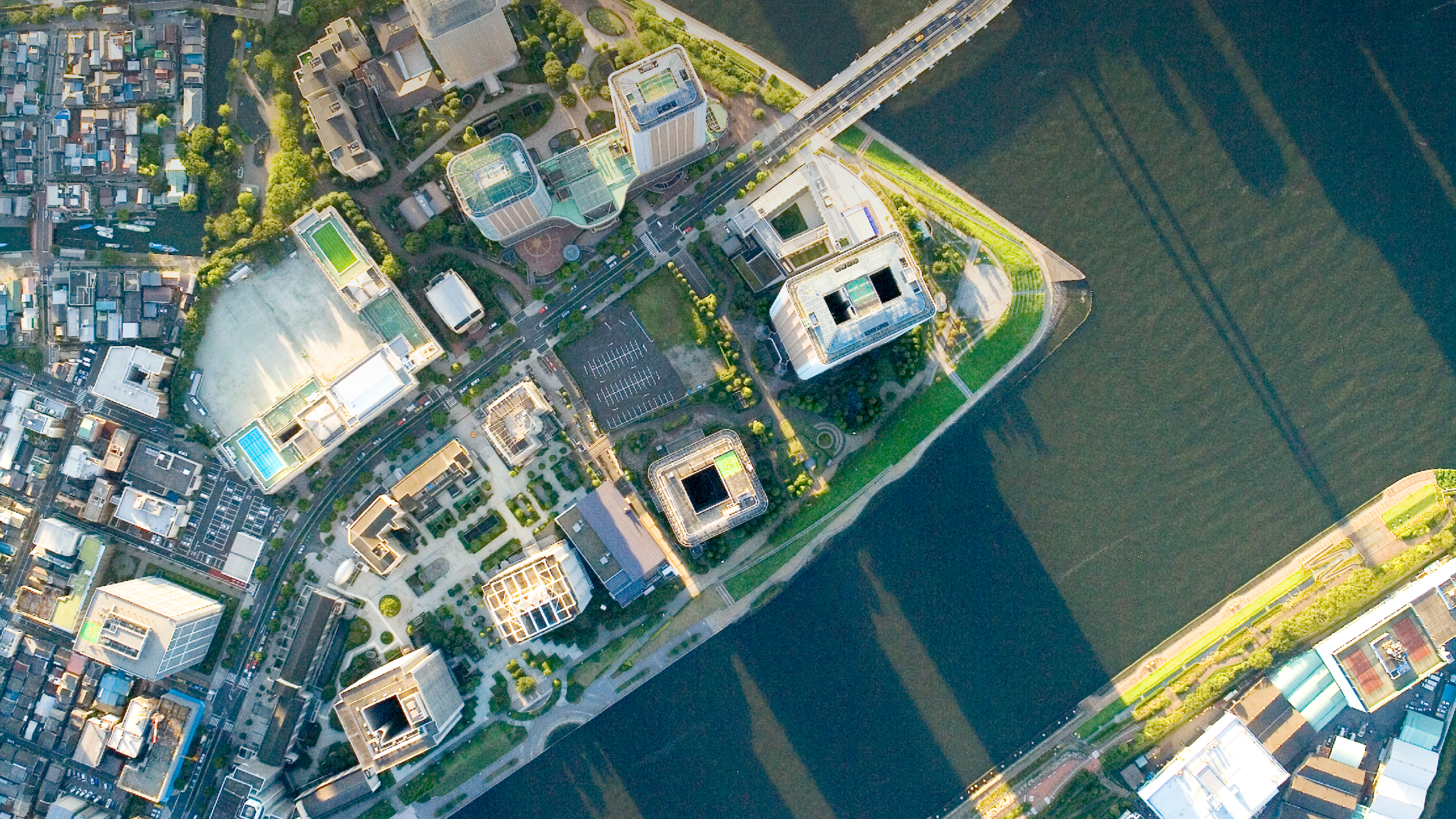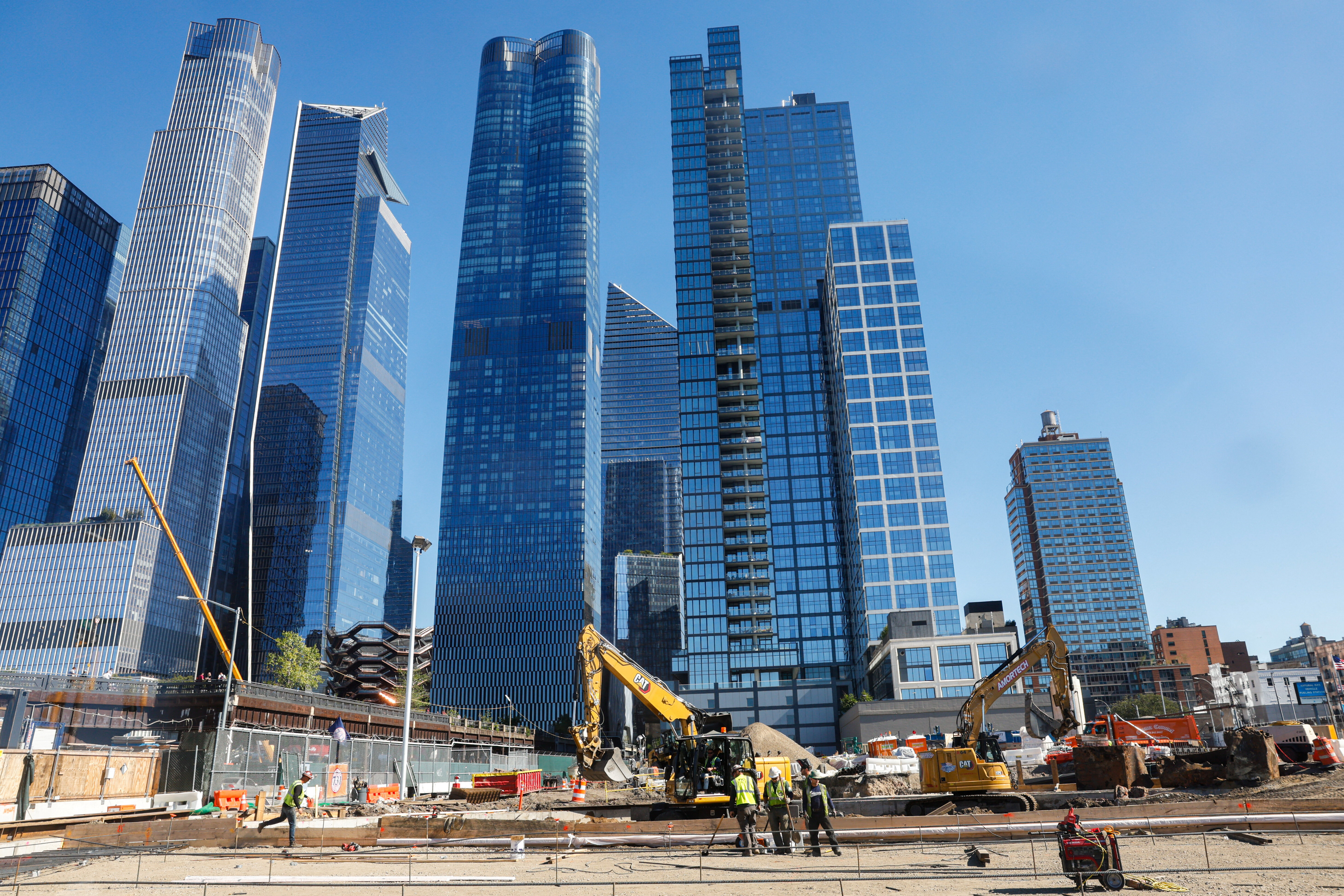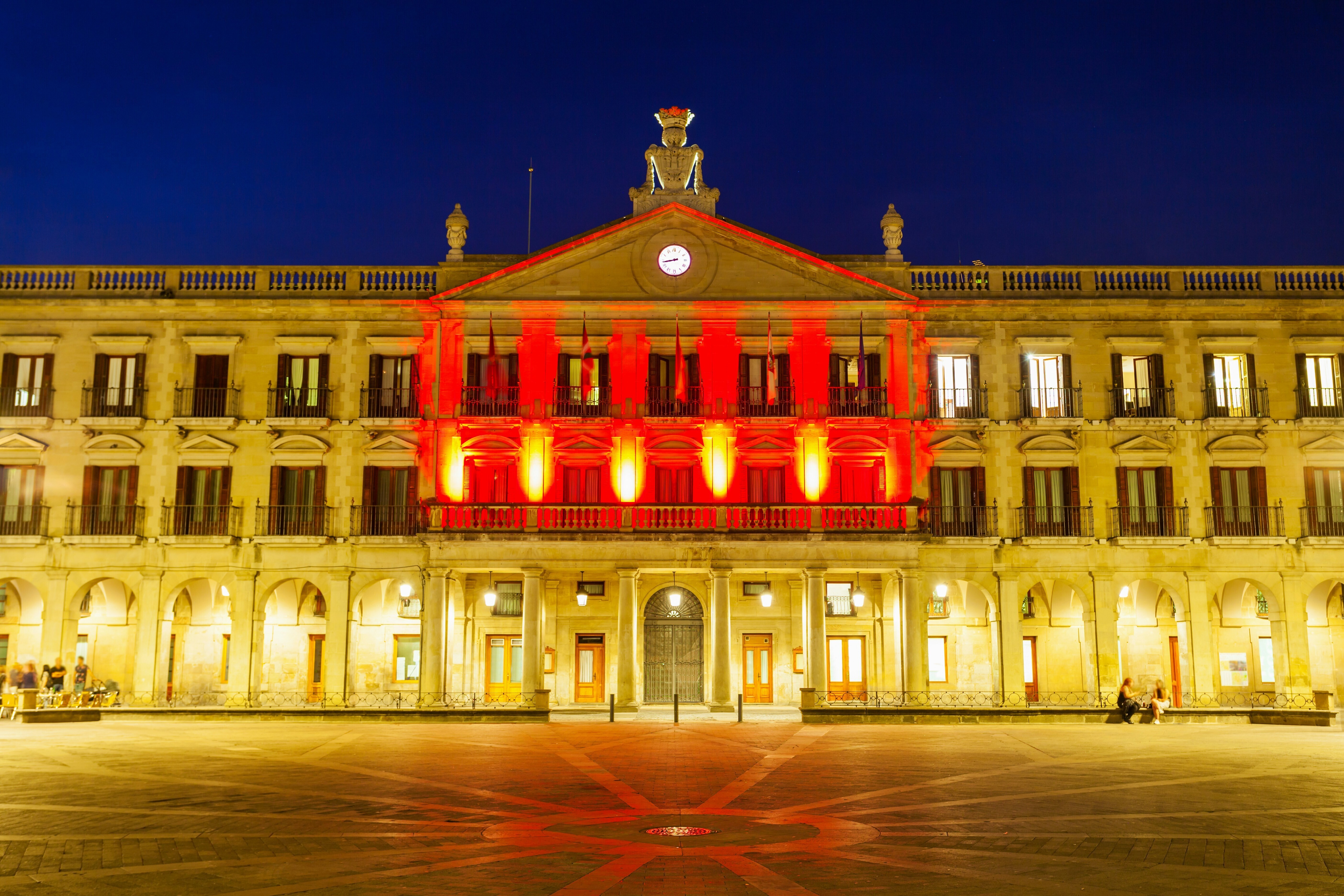Why greening our cities is key to unlocking $29 trillion worth of investment

By 2050, 60% of the world's population will live in cities. Image: REUTERS/Vivek Prakash
The urgency of addressing climate change has been made clear by a recent report issued by the Intergovernmental Panel on Climate Change. The report warns that even at 1.5°C warming, the planet will experience irreversible catastrophic climate effects.
To change this trajectory, we must work at a speed and scale without precedent. This will require prioritizing areas that offer possibilities of combining our fight against climate change with sound investment opportunities.
Cities are one such area. The magnitude of investment required to meet the growing infrastructure and services needs of cities - and ensuring this is climate-smart - far exceeds available public budgets. The private sector will therefore need to play a paramount role in helping shape greener growth for the cities of tomorrow.
Cities are on the rise as the world population grows rapidly: today, more than half of the global population lives in urban areas, a figure expected to rise to 60% by 2030. Cities consume over two-thirds of the world’s energy and account for more than 70% of global carbon dioxide emissions, making them critical to efforts to limit global warming. The concentration of people and infrastructure also makes cities particularly vulnerable to climate change.
Cities are also engines of growth, both in economic and demographic terms. Some 60% of the urban development required by 2030 is yet to be built, and this presents an opportunity to leapfrog outdated approaches by shifting to more sustainable urban planning, green construction and transit-oriented development.
Fortunately, we’re making progress. After the Paris Agreement was struck in 2015, almost 9,400 cities committed to over 20,000 actions to address climate change across a range of sectors. These commitments to address climate change represent a sizeable opportunity for private investors.
If these pledges become a reality, a recent IFC report estimates that cities in emerging markets alone have the potential to attract more than $29.4 trillion in cumulative climate-smart investments in six key sectors by 2030, including green buildings, public transportation, electric vehicles, waste, water and renewable energy.
As municipal governments create space for private companies to invest in reducing emissions and building resilience, there is also growing interest from the private sector to invest in climate-smart infrastructure and services.
Forward-thinking companies are already delivering new technologies and data to seize these opportunities. For example, global infrastructure and engineering company AECOM offers integrated resilience solutions for cities, working on projects to provide water to 2.6 million people through green infrastructure in San Francisco, defend Edinburgh from flooding, build a network of smart, sustainable cities along the Delhi-Mumbai industrial corridor, and regenerate and renew Kuala Lumpur’s waterfront.
These new approaches will also make cities more livable by cleaning up local air and reducing traffic congestion.
It is critical right now to generate a robust pipeline of investments to realize these commitments.
How can we do that? Due to limited budgets, competing priorities and credit risk challenges, municipal governments cannot make this happen alone. Private sector innovation, knowhow and finance must be leveraged to supplement public finance and address these complex growing needs of cities. Much more attention must now be paid to enacting the right reforms that will enable the private sector to support city leaders in achieving their ambitions for greening growth and creating better living conditions for their residents.
Cities must build their creditworthiness to enable private sector investment in a meaningful way. Fewer than 5% of the 500 largest cities in developing countries have a credit rating and even fewer can borrow independently from their federal governments.
We are here to help. IFC works in cities across emerging markets to build capacity and provide investment and advisory support. A recent example is IFC’s financing of Metrobus and bicycle routes in the city of Buenos Aires, which helped provide cleaner transport solutions for millions in the Argentine capital.
Cities will be at the epicentre of climate action to limit global warming. City-level decision-making and infrastructure investments will have long-term impacts and will shape the direction of urban growth and development for decades. We at IFC invite mayors, infrastructure developers and financiers to join us as we help emerging-market cities to embark on a more resilient, climate-smart growth trajectory.
We must do everything we can to support them in their ambitions to create a green and resilient environment for everyone. We are running out of time.
Don't miss any update on this topic
Create a free account and access your personalized content collection with our latest publications and analyses.
License and Republishing
World Economic Forum articles may be republished in accordance with the Creative Commons Attribution-NonCommercial-NoDerivatives 4.0 International Public License, and in accordance with our Terms of Use.
The views expressed in this article are those of the author alone and not the World Economic Forum.
Stay up to date:
Cities and Urbanization
Related topics:
Forum Stories newsletter
Bringing you weekly curated insights and analysis on the global issues that matter.







